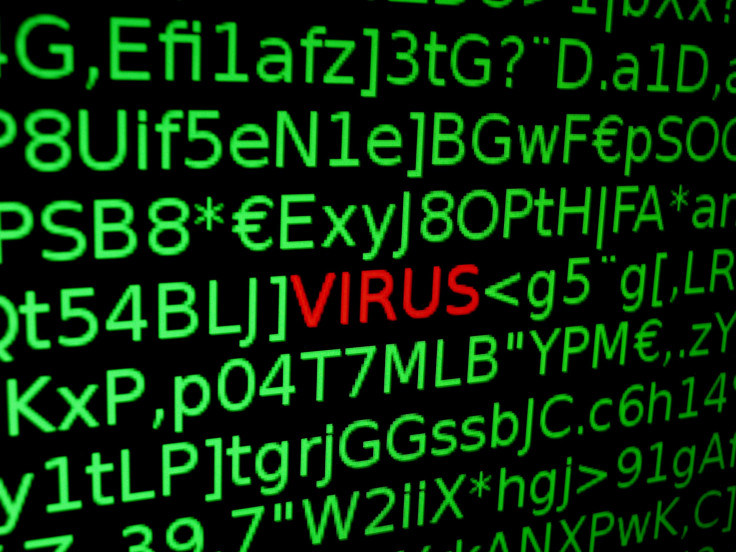The 'Love Bug' Internet Pandemic Of 2000: Virus Creator Says 'I Don't Want This'

KEY POINTS
- A digital pandemic ravaged the world in 2000
- The computer virus spread so fast, it crippled online networks in just a few hours
- Its creator regrets making the “Love Bug”
A different pandemic was spreading online 20 years ago.
Millions of users around the world opened an e-mail called “ILOVEYOU” carrying a file attachment titled “LOVE-LETTER-FOR-YOU” on May 4, 2000. In a matter of hours, more than 45 million computers had been infected and the digital infrastructure of the world’s biggest companies had crashed.
Almost 20 years later, its creator Onel de Guzman of Manila, Philippines, told the BBC that he regrets creating the virus and the infamy it brought him.
“Sometimes I get my picture on the internet,” he told a BBC correspondent. “I’m a shy person. I don’t want this.”
The “Love Bug” spread fast, starting in a single email de Guzman sent to an address in Singapore and eventually spreading across the world. It compromised the data of millions of internet users.
Then just a college student, de Guzman claimed he had sent it out locally as he only wanted to steal passwords to internet access around his area in the time of dial-up internet in the year 2000. But that same year, he added an auto-spread feature that sent copies of the virus to users Microsoft Outlook contacts, making it spread like wildfire across the world.
The virus spread like wildfire, affecting every Microsoft Windows user who opened the email. It jeopardized so many accounts that it was called the “nastiest” attack then. Anti-virus companies scrambled to find a fix but couldn’t get it out fast enough because of the number of people trying to download it.

De Guzman only knew about the digital pandemic he caused after his mother told him that police in his city were hunting down the creator of the virus. In a press conference days later, de Guzman claimed sole responsibility for the virus and said it was “possible” he “accidentally” spread it.
“Love Bug” showed the world just how vulnerable the world’s internet was and how a cleverly designed computer virus could use the human psyche to break through technological barriers. Today 90% of emails are sent to the spam folder.
De Guzman was never charged with a crime. The Philippines in 2000 did not have a cybercrime law.
He never went back to college and, after lying low, now works in a small computer shop in Manila.
© Copyright IBTimes 2025. All rights reserved.




















